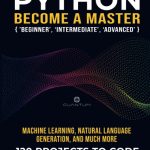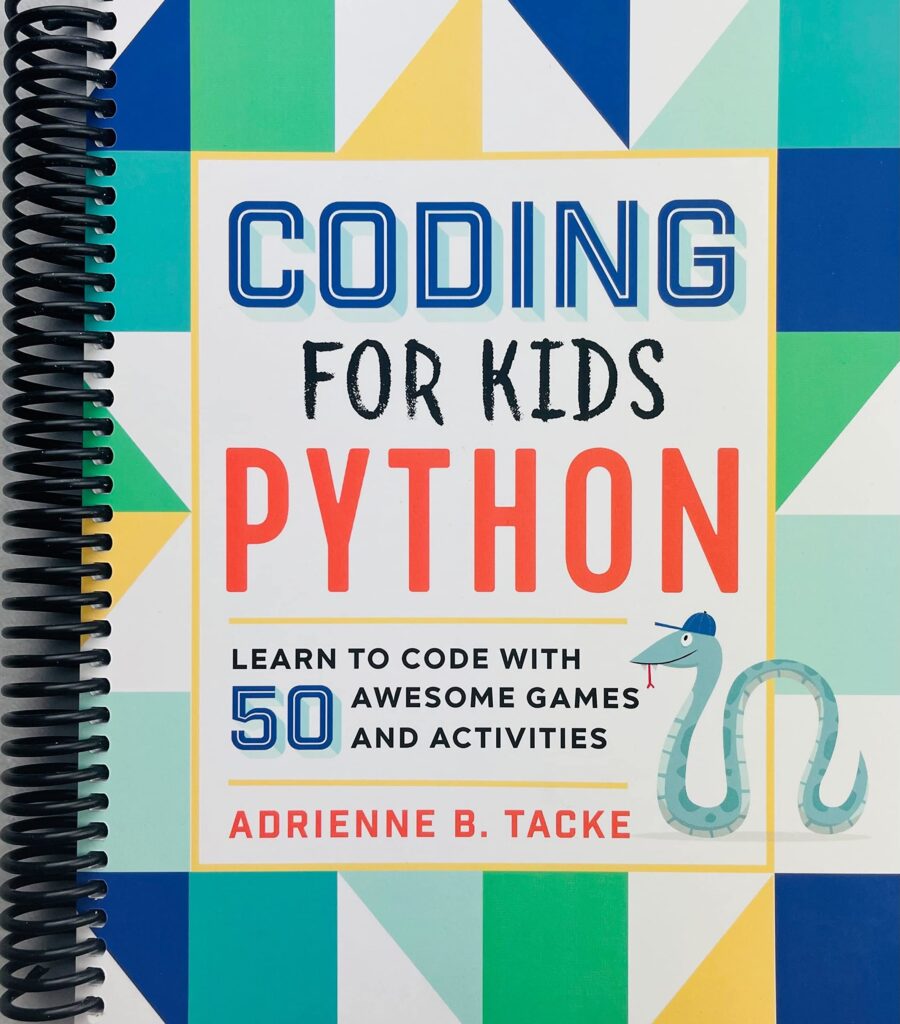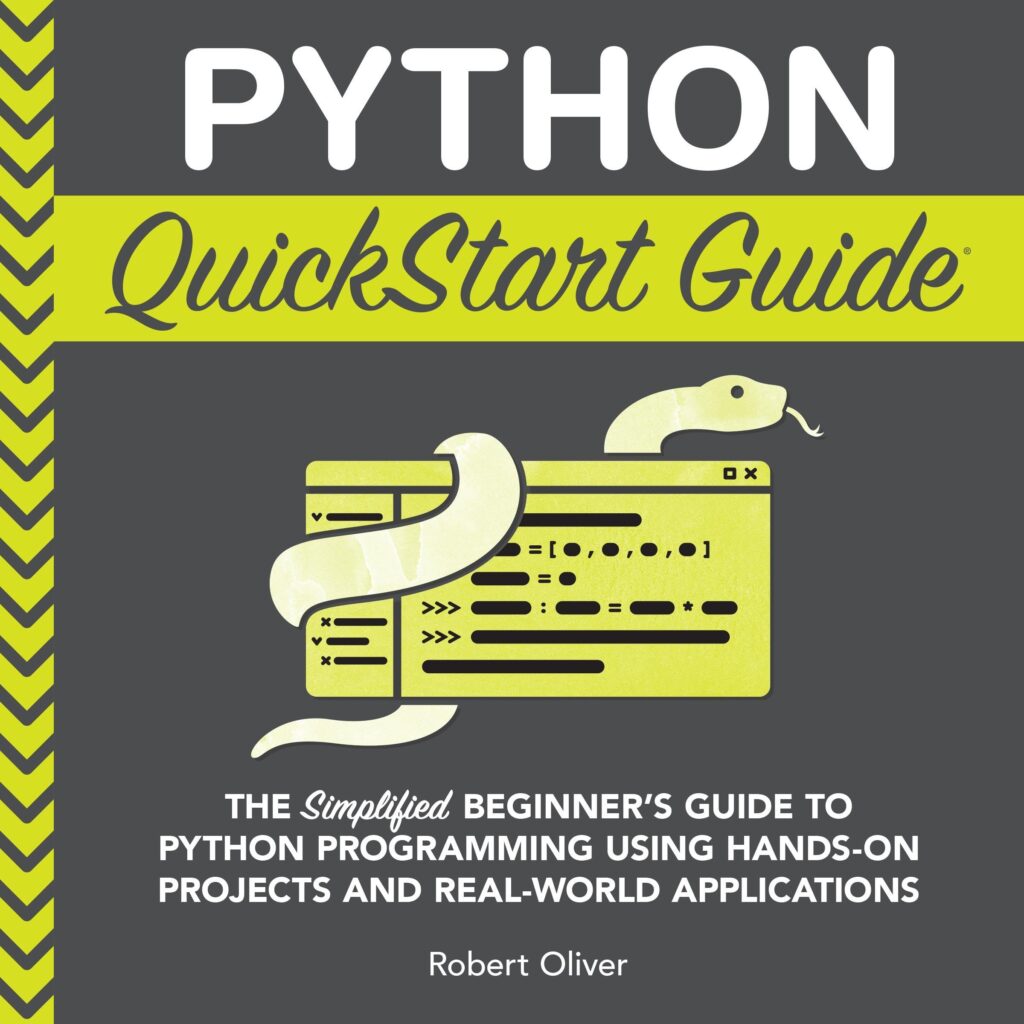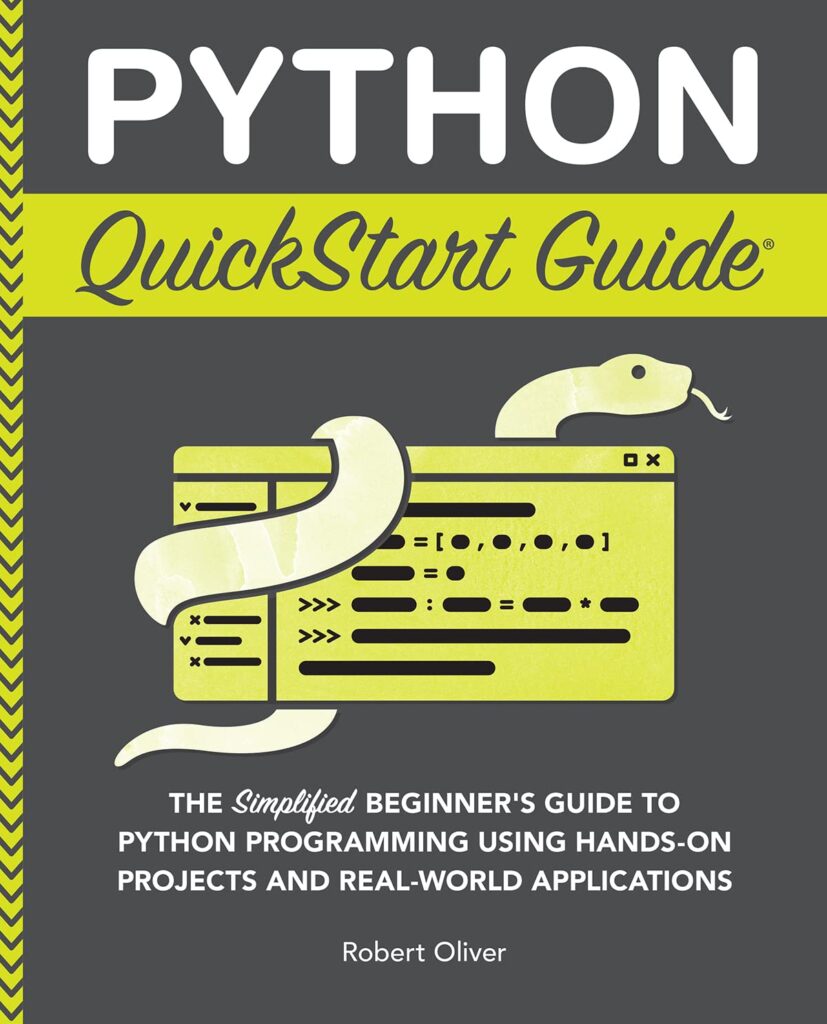
The JSONDecoder class in Python is a part of the json module and is used for decoding JSON documents into Python objects. By default, it can decode JSON strings into primitive Python data types such as dict, list, str, int, float, and bool. It also handles null by converting it to Python’s None.
When working with JSON data, the JSONDecoder is typically used in conjunction with the json.loads() or json.load() functions, which take a JSON string or file respectively, and return the decoded Python object. For example:
import json
# JSON string
json_string = '{"name": "John", "age": 30, "city": "New York"}'
# Decode JSON string to Python dictionary
python_dict = json.loads(json_string)
print(python_dict)
# Output: {'name': 'John', 'age': 30, 'city': 'New York'}
Visa $25 Gift Card (plus $3.95 Purchase Fee)
$28.95 (as of December 9, 2025 08:32 GMT +00:00 - More infoProduct prices and availability are accurate as of the date/time indicated and are subject to change. Any price and availability information displayed on [relevant Amazon Site(s), as applicable] at the time of purchase will apply to the purchase of this product.)Custom Object Decoding
Extending the JSONDecoder class for custom object decoding involves overriding the decode() method. This method is called with a JSON string, and its job is to return the corresponding Python object. By default, the decode() method uses the json.loads() function to convert the JSON string into a Python dictionary. However, when we override this method, we can insert our logic to handle the decoding of custom objects.
For example, ponder the following JSON string that contains a date field:
json_string = '{"name": "John", "age": 30, "city": "New York", "birthdate": "1990-01-01"}'
By default, the birthdate field will be decoded as a string. However, we can extend the JSONDecoder to convert this string into a datetime object:
import json
from datetime import datetime
class CustomJSONDecoder(json.JSONDecoder):
def decode(self, json_string):
data = super().decode(json_string)
if 'birthdate' in data:
data['birthdate'] = datetime.strptime(data['birthdate'], '%Y-%m-%d')
return data
# Usage
decoder = CustomJSONDecoder()
python_dict = decoder.decode(json_string)
print(python_dict)
# Output: {'name': 'John', 'age': 30, 'city': 'New York', 'birthdate': datetime.datetime(1990, 1, 1, 0, 0)}
In the above example, we first call the super().decode(json_string) method to get the default dictionary. Then we check if the ‘birthdate’ field exists in the dictionary. If it does, we use the datetime.strptime() method to convert the string to a datetime object. Finally, we return the modified dictionary.
Another common scenario is decoding JSON into a custom Python object. Assume we have a User class and we want to decode the JSON directly into a User object:
class User:
def __init__(self, name, age, city, birthdate):
self.name = name
self.age = age
self.city = city
self.birthdate = datetime.strptime(birthdate, '%Y-%m-%d')
class UserJSONDecoder(json.JSONDecoder):
def decode(self, json_string):
data = super().decode(json_string)
return User(**data)
# Usage
decoder = UserJSONDecoder()
user = decoder.decode(json_string)
print(vars(user))
# Output: {'name': 'John', 'age': 30, 'city': 'New York', 'birthdate': datetime.datetime(1990, 1, 1, 0, 0)}
In this example, we use the **data syntax to unpack the dictionary and pass it as keyword arguments to the User constructor. This approach allows us to create a User object directly from the JSON string.
Extending JSONDecoder
It is important to note that when extending JSONDecoder, you can also override the object_hook or object_pairs_hook methods to process JSON objects and arrays. These hooks are called for each JSON object or array in the input data and can be used to transform them into custom Python objects.
For example, if you have a JSON object that represents a complex number:
json_string = '{"real": 1, "imag": 2}'
You can create a custom decoder that uses object_hook to convert this JSON object into a Python complex number:
import json
class ComplexNumberJSONDecoder(json.JSONDecoder):
def object_hook(self, obj):
if 'real' in obj and 'imag' in obj:
return complex(obj['real'], obj['imag'])
return obj
# Usage
decoder = ComplexNumberJSONDecoder()
complex_number = json.loads(json_string, cls=ComplexNumberJSONDecoder)
print(complex_number)
# Output: (1+2j)
This approach allows for even more granular control over the decoding process, as you can customize the behavior for specific types of JSON objects or arrays.
When extending JSONDecoder, it is also crucial to handle potential exceptions and edge cases. For instance, if the JSON data is malformed or does not contain the expected fields, your custom decoder should be able to handle these situations gracefully.
Implementing Custom Decoding Logic
To implement custom decoding logic, you’ll need to have a good understanding of the structure of the JSON data you’re working with. For instance, if the JSON contains a list of objects, you might want to convert each object in the list into a Python object of a custom class.
Let’s say you have a JSON array of user objects and you want to decode each user object into a User instance:
json_string = '[{"name": "John", "age": 30, "city": "New York"}, {"name": "Jane", "age": 25, "city": "Los Angeles"}]'
class User:
def __init__(self, name, age, city):
self.name = name
self.age = age
self.city = city
class UserListJSONDecoder(json.JSONDecoder):
def decode(self, json_string):
data = super().decode(json_string)
return [User(**user) for user in data]
# Usage
decoder = UserListJSONDecoder()
users = decoder.decode(json_string)
for user in users:
print(vars(user))
# Output:
# {'name': 'John', 'age': 30, 'city': 'New York'}
# {'name': 'Jane', 'age': 25, 'city': 'Los Angeles'}
In the UserListJSONDecoder, the decode method first gets the list of user dictionaries using the default decoding logic. It then iterates over each dictionary, unpacks it, and passes it to the User constructor to create a list of User instances.
It is also possible to handle nested objects in the JSON data. For example, if each user has an address object within it, you could extend the decoder to handle this nested structure:
json_string = '[{"name": "John", "age": 30, "address": {"street": "Main St", "city": "New York"}}, {"name": "Jane", "age": 25, "address": {"street": "Second St", "city": "Los Angeles"}}]'
class Address:
def __init__(self, street, city):
self.street = street
self.city = city
class User:
def __init__(self, name, age, address):
self.name = name
self.age = age
self.address = Address(**address)
# ... UserListJSONDecoder remains the same ...
# Usage
decoder = UserListJSONDecoder()
users = decoder.decode(json_string)
for user in users:
print(vars(user))
# Output:
# {'name': 'John', 'age': 30, 'address': }
# {'name': 'Jane', 'age': 25, 'address': }
In this example, the User constructor now takes an address dictionary and unpacks it to create an Address instance as part of the user object.
Testing and Troubleshooting
Testing and troubleshooting are critical steps when extending the JSONDecoder for custom object decoding. It is essential to ensure that your custom decoder works as expected and can handle various input scenarios, including edge cases and malformed JSON data.
To begin testing, you should first write unit tests for your custom decoder. These tests should cover all the functionality you’ve implemented, including the correct decoding of custom objects, proper handling of dates and times, and the transformation of complex JSON structures into Python objects.
Here’s an example of a unit test for the UserJSONDecoder class:
import unittestclass TestUserJSONDecoder(unittest.TestCase):
def test_user_decoding(self):
json_string = '{"name": "John", "age": 30, "city": "New York"}'
expected_user = User(name="John", age=30, city="New York")decoder = UserJSONDecoder()
user = decoder.decode(json_string)








